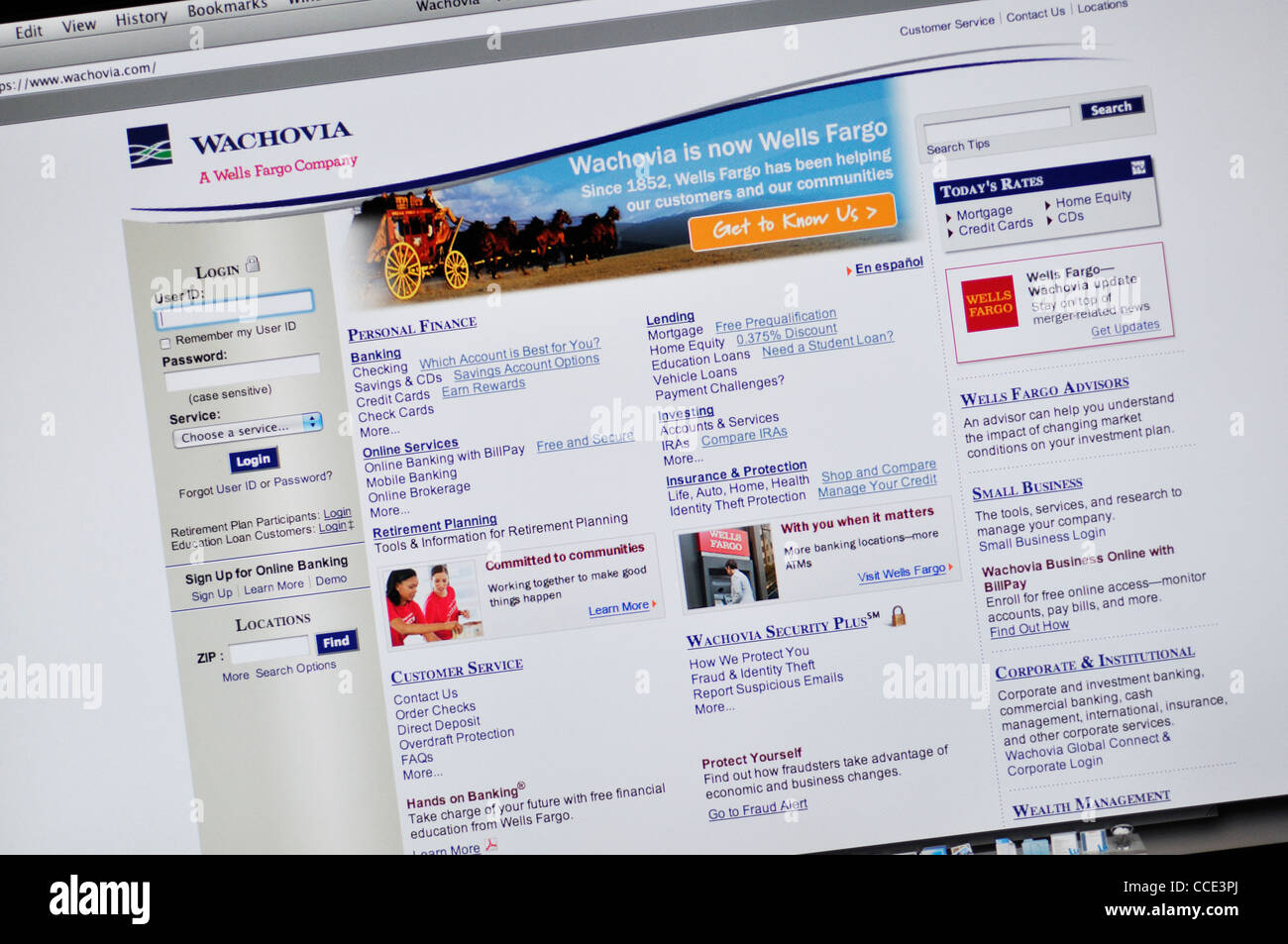

Furthermore, Wells has been sued for this practice.

No other lenders are doing this at this time. Most trustees will respond immediately, especially if there are small amounts at stake. Wells’ position is that your account is bankruptcy estate property and that it has a duty to contact the trustee about the funds to find out whether it should release them. During this part of the bankruptcy process, Wells’ policy will result in your bank accounts being frozen. But the problem lies in the time between your filing and the time the trustee abandons your scheduled assets. Providing you have available exemptions for your bank accounts (“exempt” property is what you are allowed to keep), the trustee “abandons all scheduled assets.” This happens in about 95% of bankruptcy cases. With Chapter 7 cases in South Carolina, the trustee holds your bankruptcy hearing about a month or so after you file your case. This includes your bank accounts, along with all your other property. When you file bankruptcy, almost everything you have–all “legal and equitable interests”–becomes property of your bankrupty estate. However, last week Wells notified one of our South Carolina Chapter 7 bankruptcy trustees indicating that it was holding a customer’s funds in one of that trustee’s Chapter 7 bankruptcy cases. Wells Fargo/Wachovia (I’ll just refer to them as “Wells”) has been doing this out west for some time, but not here in South Carolina. It’s called “setoff,” and I wrote a post warning about this here in the Charleston Bankruptcy Blog.īut what if you don’t even owe the bank money? Is there still a danger of the bank freezing your accounts? For a long time, the answer was “no.” But now Wells Fargo and Wachovia ( Wells bought Wachovia) have a policy of freezing customers’ accounts once they file bankruptcy. DeMottįiling bankruptcy can result in your bank freezing your account if you owe that bank money. Written by Charleston Bankruptcy Lawyer, Russell A.


 0 kommentar(er)
0 kommentar(er)
